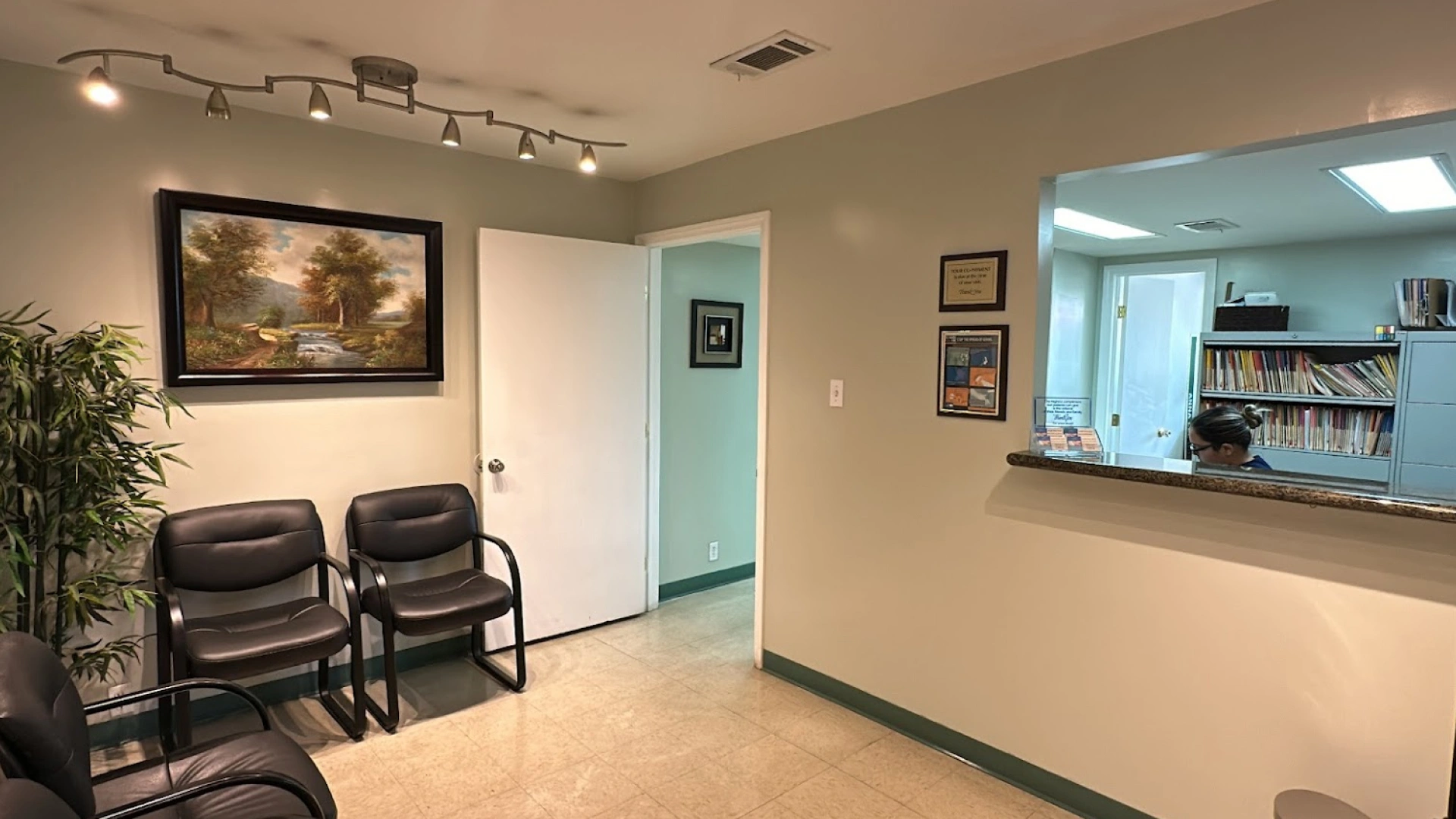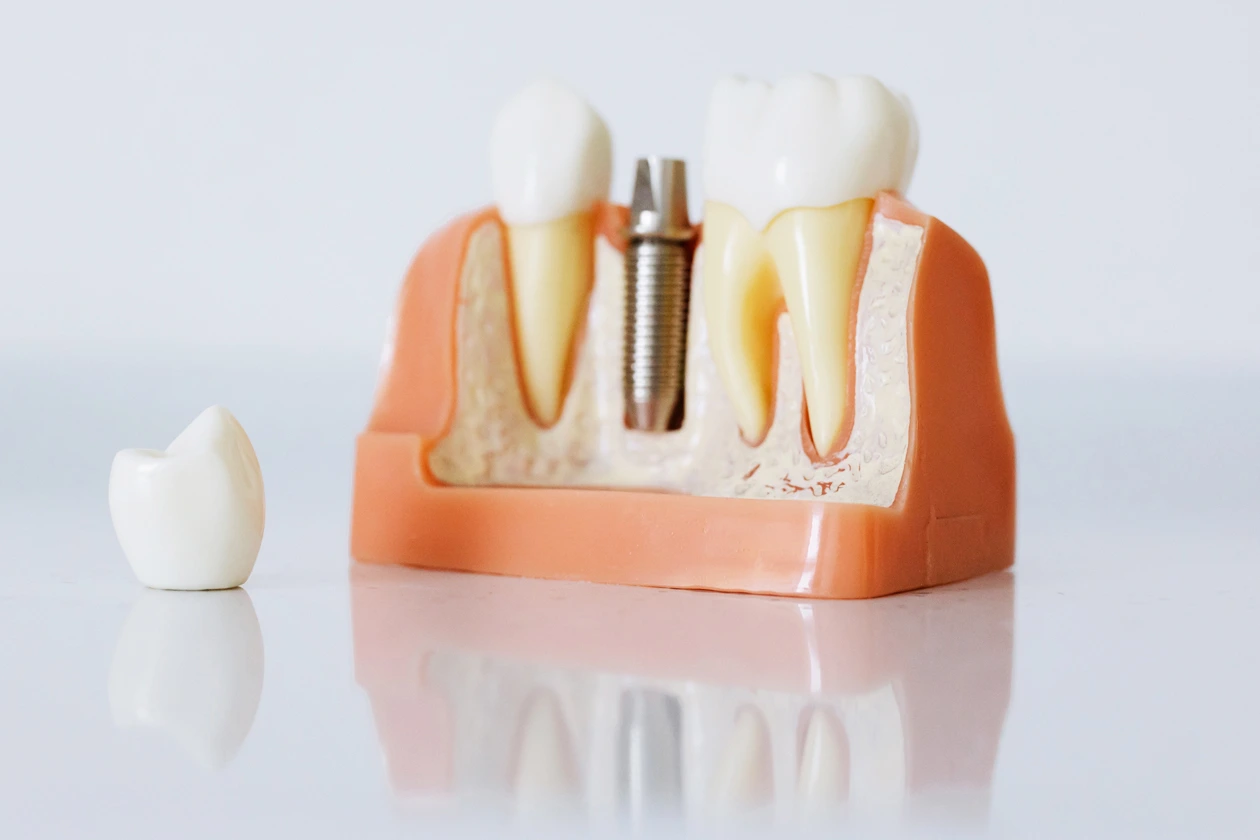
Transform Your Smile With Implants
Discover the Benefits of Dental Implants
Dental implants offer a transformative solution for replacing missing teeth, whether you're missing one, several, or even all of them. With over 3 million people having already chosen dental implants, and 500,000 more joining every year, it's clear that implants provide a variety of unmatched benefits compared to traditional options.
Unlike dentures or fixed bridges, dental implants offer several key advantages:
- Dental implants closely resemble the appearance, sensation, and function of natural teeth.
- With proper care, dental implants can provide a long-lasting solution for many years.
- Implants help preserve jawbone health by preventing bone loss and maintaining facial structure.
- Unlike removable dentures, implants stay securely in place while speaking or eating.
- Dental implants allow you to enjoy a wide variety of foods without limitations.
- They are resistant to decay and cavities, offering a durable alternative.
- Unlike fixed bridges, dental implants don't require altering adjacent healthy teeth.
Types of Dental Implants
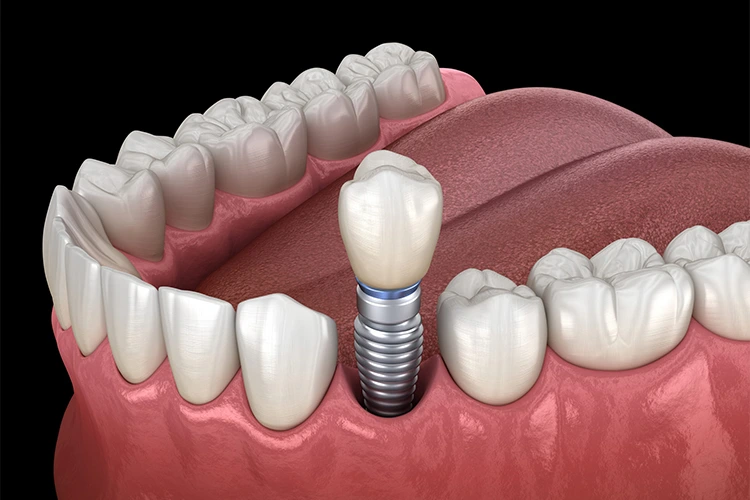
Single-tooth Implant
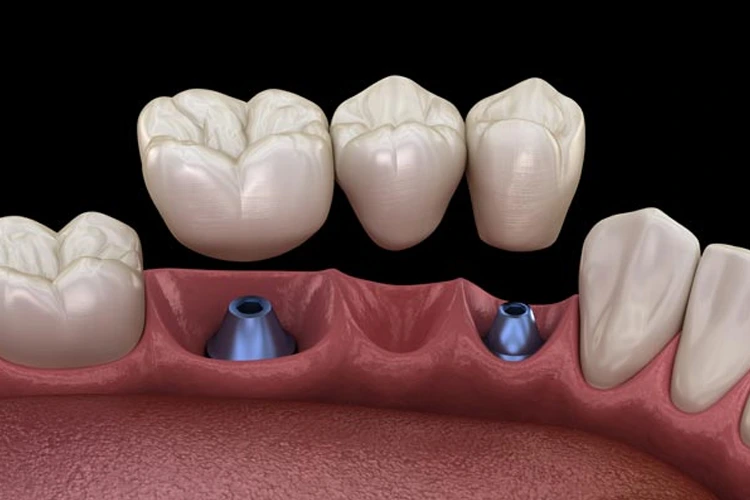
Implant-supported Fixed Bridges
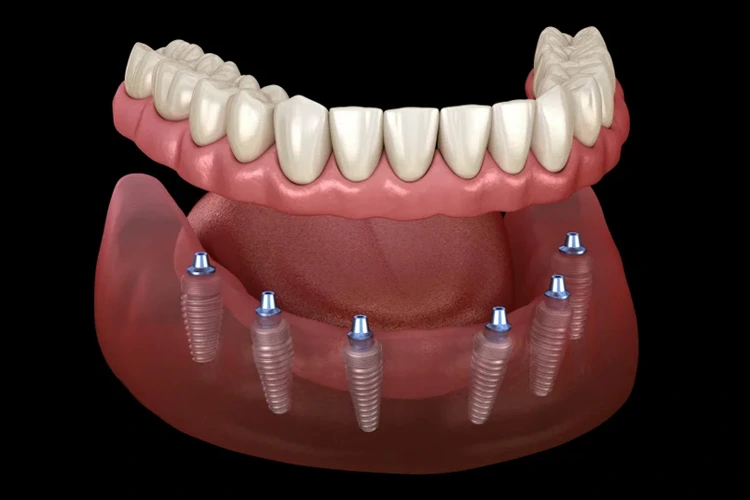
Full Arch Replacement With Four or Six Implants
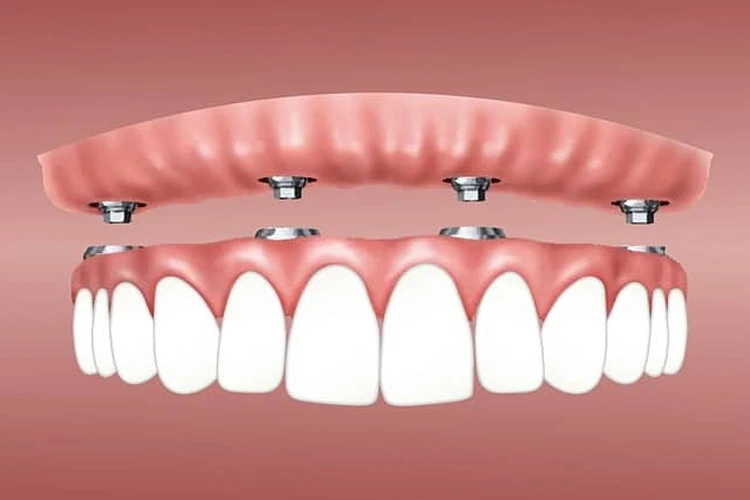
Implant-retained Dentures
Are Dental Implants Right for You?
How Are Dental Implants Placed?
The process of getting dental implants involves a carefully planned and executed procedure, from the initial treatment planning to the final placement of crowns, bridges, or dentures.
Dental implant surgery is generally an outpatient procedure, although its complexity depends on the type of implant, the number of implants, and any additional procedures required to prepare the bone for support.
We emphasize communication to ensure you feel comfortable and informed throughout your treatment. Before your procedure, we will discuss your options for anesthesia and sedation, as well as provide you with clear pre- and post-operative care instructions. Our team will be with you every step of the way.
Once the implant is placed, it typically takes a few months for it to fully fuse with the surrounding bone. Some implant solutions allow for the placement of a temporary crown or bridge on the same day, while others require healing time before the permanent prosthesis can be placed.


